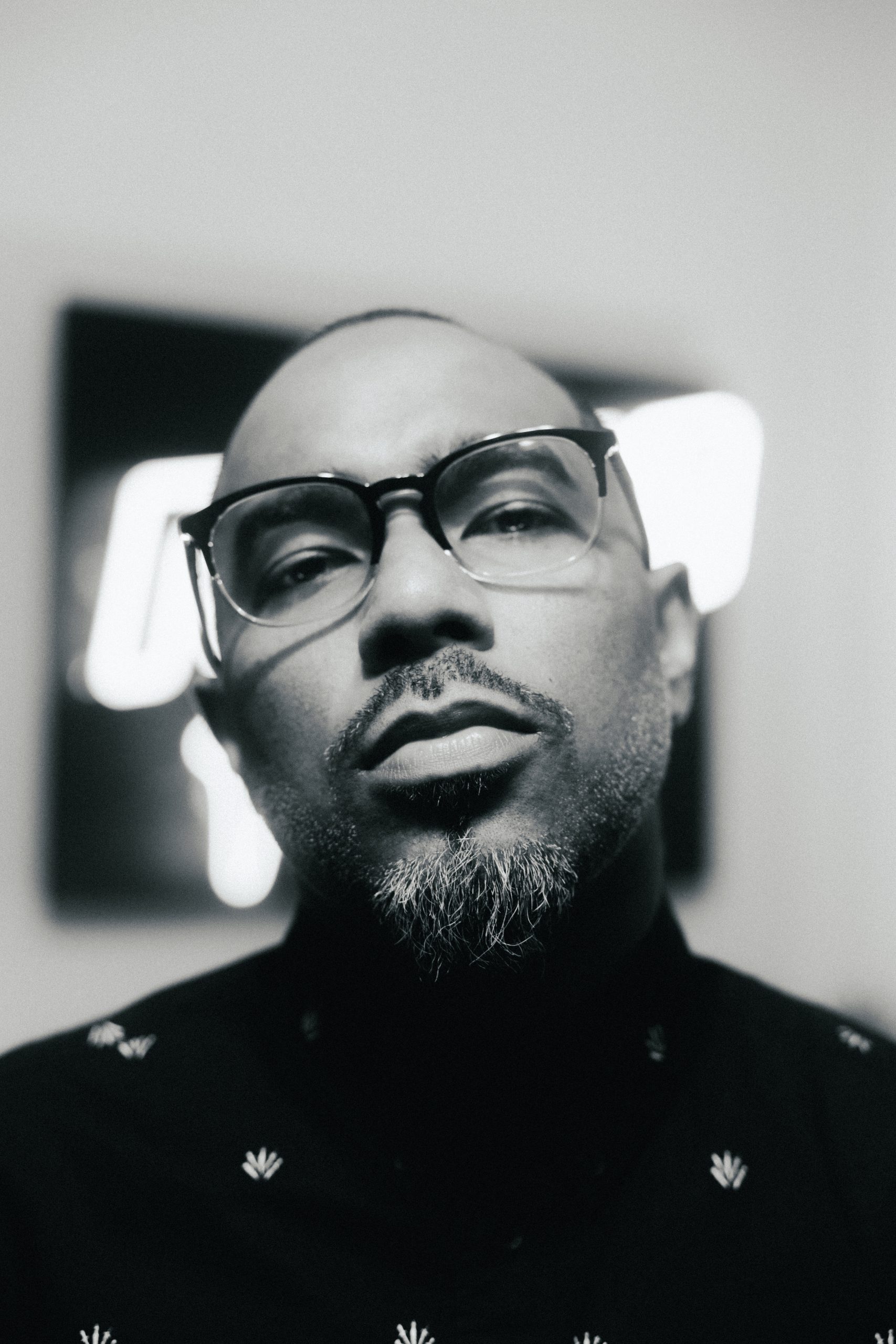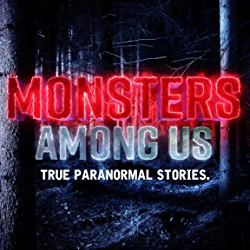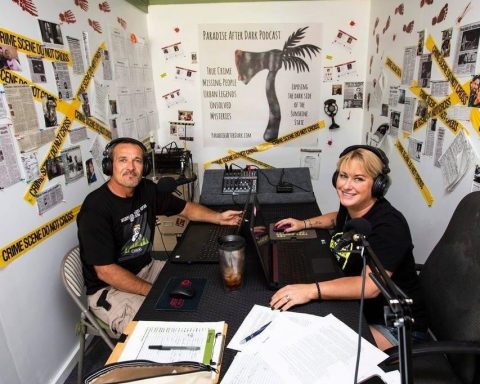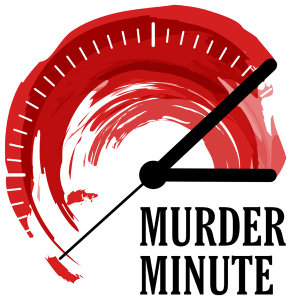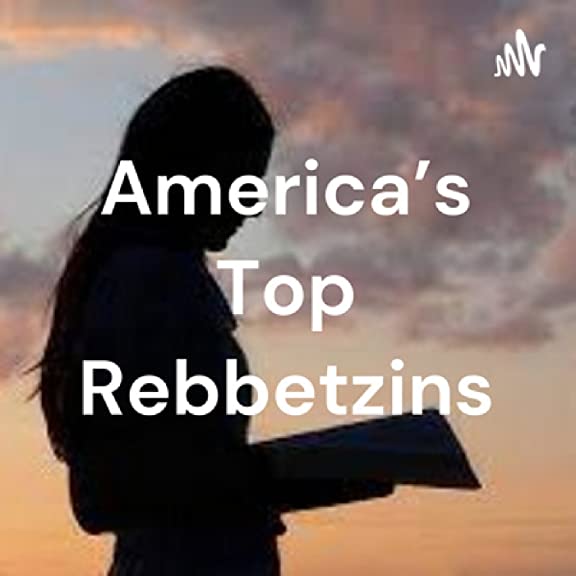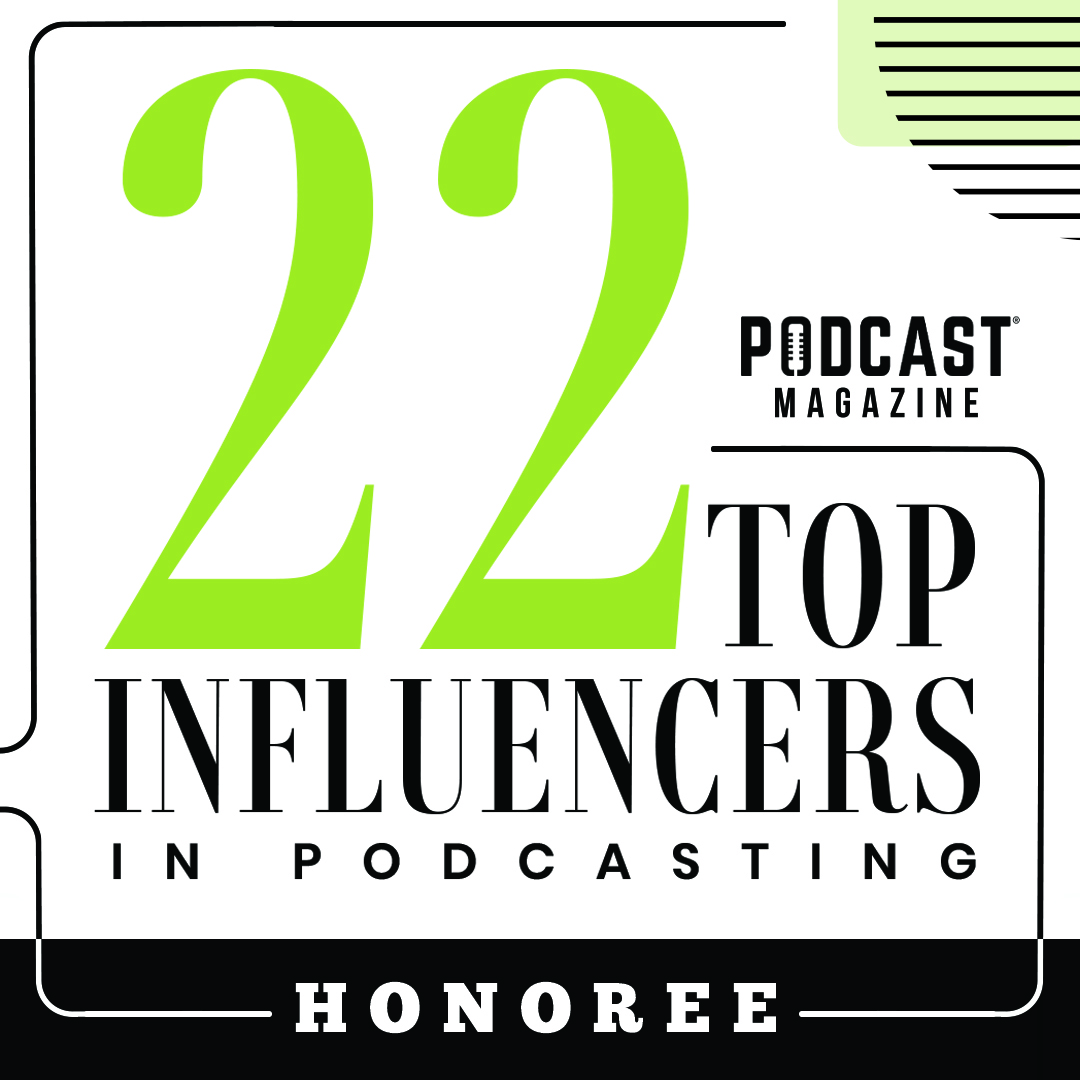Donald Albright is the co-founder of the massively popular Tenderfoot TV podcasting network—“a home not only for creators, but makers and rule-breakers.” Their mission?
“From the inception of the creative idea to the nuts and bolts of creating content, we strive to develop something impactful. No rules. No restrictions.”
Despite having started the company with only a couple hundred dollars (sans mic, even), Tenderfoot’s slate of shows has since garnered more than 600 million downloads. Today, Donald and co-founder/co-host Payne Lindsey are widely recognized as thought leaders in the podcasting industry.
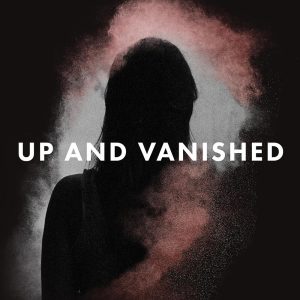 Their flagship true-crime podcast, Up and Vanished, went viral after helping influence two arrests in the first cold case they covered—that of Tara Grinstead, a beauty queen and school teacher who disappeared in Ocilla, Georgia. The Oxygen Network then picked up the show, thereby expanding its success into the television and film space.
Their flagship true-crime podcast, Up and Vanished, went viral after helping influence two arrests in the first cold case they covered—that of Tara Grinstead, a beauty queen and school teacher who disappeared in Ocilla, Georgia. The Oxygen Network then picked up the show, thereby expanding its success into the television and film space.
It has since surpassed 350 million downloads.
Donald, who is behind the mic and a creative contributor and story editor, also played an integral role in shaping the company’s business and growth strategy. Ironically, he and Payne never even set out to own a podcast production company. Upon launching, their vision was entirely different:
“We were supposed to make just one podcast that would inevitably get Hollywood’s attention, and then go on to have successful lives as TV and film producers,” Donald explained.
Yet the universe led them in a different direction. In fact, they would come to admit that they’d completely underestimated the podcasting medium, as it helped them scale in a way they’d never imagined.
“Payne comes from the music industry, too. He’s a music video director, and we worked together on marketing. But when we entered the world of podcasting, we did so as guys who were not only brand-new to the space, but who also had zero experience in journalism or investigating,” Donald revealed.
“We were treated like outsiders by the podcasting community, because well, we were! We had to prove to the industry and to the genre of true crime that we were legit, as opposed to one-hit wonders.”
The fact that neither had ever held a job in podcasting before starting Tenderfoot TV in 2016 may not come as a total surprise considering how, in Donald’s 20 years in the music industry, he has never been on the inside of it—in fact, he held only one label position throughout the history of his career. Rather, he spent his time in the marketing and A&R (artists and repertoire) division and management segments.
“I just have an independent mind about this stuff,” he said. “It’s always been about getting independents access.”
In the beginning of his career, Donald often spent hours face-to-face with consumers, passing out flyers on the street. He considered it the “metaphorical equivalent of designing the beautiful displays you see in retail store windows”:
“I was always giving things away, whether it be a flyer, CD, or cassette tape. When people walked into Tower Records, they would see something I had created for the album. That provided me with a way to connect with consumers.”
When it came to the A&R division of his work, Donald’s eye and ear for identifying “diamond in the rough” talent in the music world naturally extended into the podcasting space, as well.
“Honestly, it was all based on what I liked and how I liked to hear it. The first thing I notice about a show is whether or not I want to listen to it. I figure, if I love it, our listeners should love it, too,” he added.
“Of course, there’s so much to consider. Sometimes, someone is talented but has no direction. Maybe she doesn’t know she can sing… or maybe she does, but she doesn’t know what to sing or exactly how to sing it. You have to develop that talent in a way that makes it unique, marketable, and an opportunity for success.
“Management allows me that chance, as well as being able to focus on the business side of nurturing a career from nothing to something. In the end, though, it all comes down to one thing: I must either trust in the artist, or trust in myself. Ideally, it’s a little bit of both, but I truly believe everything starts and ends with how much we believe in ourselves.”
Donald utilized the same philosophy when choosing the type of podcast he and Payne would host—they first considered which type of true-crime podcast they’d want to listen to themselves.
Once that was decided, they went all-in on Up and Vanished:
“We had one show based on one case in one small town with 3,000 people. At that point, we leaned on what we learned in all our years of making content and promoting artists together. The town of Ocilla was our target audience—we knew we needed them to have our back and support us by helping spread the word. The only thing that mattered to us—all we cared about—was the 3000 residents of that town.”
Confident that in-depth conversation about a local teacher who had gone missing would catch fire in the “small pockets of this very small town,” Donald and Payne set out to give their listeners something new to talk about every other week via their episodes. And they did—soon, word spread to South Georgia, then all of Georgia, and then, nationwide.
“Our first episode had about 5,000 listeners. Within weeks, we doubled that,” Donald shared. “Six months later, we were averaging over one million downloads per episode, all before the case really exploded. That’s when we hit 20 million downloads a month.”
The success of Up and Vanished acted as an impetus for launching additional podcasts. “We had to prove that Tenderfoot could be sustainable, too. We didn’t have investors or a big Slate deal at the time, so we were very cautious about scaling in a way that made sense.”
They succeeded, eventually scaling the company by adding groundbreaking content from additional shows like Atlanta Monster, To Live and Die in LA, Culpable, and Radio Rental—all of which joined Up and Vanished in its “number-one podcast” status.
Yet for Donald, it isn’t all about status. One of the aspects of podcasting he appreciates most is how it parallels the music industry in terms of creative freedom.
“Music really started to change and empower creators when the technology to make and create it became more readily available. When the opportunity to just record a song in your parents’ basement became reality, it opened up the world of the music production to every kid and struggling artist who ever wanted to make a song. You no longer needed to invest in studio time—you could just get on the internet and download a beat. You didn’t need to pay a top producer anymore, or to rely on a label deciding whether you were talented ‘enough.’ You could literally have a viral hit record and watch the labels come to you. That technology made the discoverability of music that much easier.
“The biggest parallel I see with podcasting is that the technology allows for independent production right from your home, which means everyone has the opportunity to make a podcast. It removes the middleman. And yes, that also allows for some ridiculous content and terrible music out there. But what might we have missed out on without it? Do we want to rely on gatekeepers to deliver content or determine what content we can share?
“Traditionally, yes, an opportunity to break through existed if there was a target audience wanting what you had to offer. But commercial success can elude you, if that’s your only opportunity. With podcasting right now, it’s a level playing field… we all have the same access. I believe it takes a little luck, too… but if you’re talented enough, your show can be successful.”
“It’s not a money grab. I always tell people that they can’t replicate our success, because there are components of our show that are very specific to Payne and I as individuals. You have to find your own competitive edge… something that gives you an advantage over everyone else who could make your show. Then, you have to position yourself to be ready to take advantage of the luck when it strikes.
“Above all, you have to respect the craft and the industry, and preserve the authenticity. You can’t just come in and say, ‘Hey, iHeart. I have an idea, and I want you to give me a hundred-thousand dollars to bring it to life.’ You haven’t proven anything yet, so how can anyone know you’ll be good at it?
“Understand that your sweat equity is what will make your show good. Nowadays, you not only have to prove you can podcast, but that you have an audience, too. I need to know who your audience is, and whether you’ve developed it. What will your show sound like? Because every day, so many people are looking to transfer into podcasting as a career. So how will you stand out? Come to the table not only with an authentic story, but with authentic motivation—the way to the money is through phenomenal content.”
Clearly, Donald and Payne have developed a genuine appreciation and love for podcasting—the medium in which, as Donald says, “the most interesting, insightful, and creative storytelling is happening.”
February 2022


